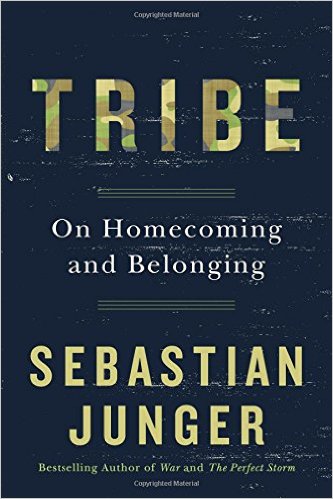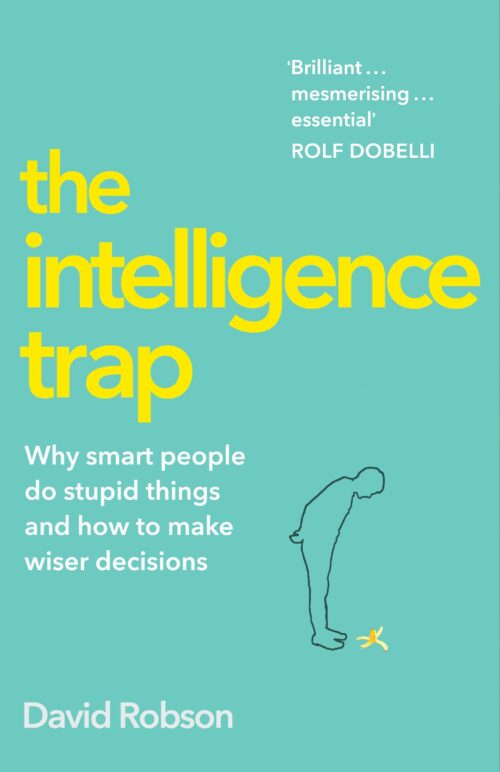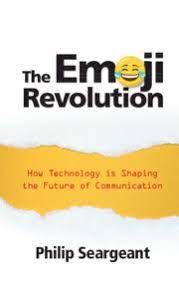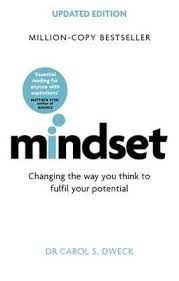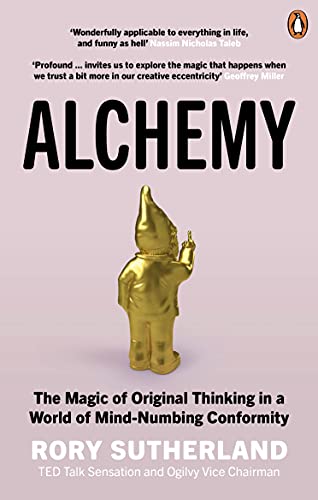Although Tribe is mostly written about war veterans and the process of coming home from war, it holds some profound lessons for all of us and how we cope with the modern world. The central argument is that recovery is strongly associated with a feeling of belonging to a group, something that war gives soldiers and then takes away from many of them when they return.
Sebastian Junger argues that modern society is alienating for many people, and while we continue to place more and more emphasis on extrinsic values, such as beauty, money and status, intrinsic values which lead to healthy relationships with other people are diminished.
He uses examples from native American and indigenous tribes, war and conflict, and times of upheaval and emergency to demonstrate that when people are forced together for whatever reason, they feel happier and are healthier too, especially in terms of their mental health.
Rates of depression dropped immediately after 9/11 (as did suicide and crime rates), and in New Orleans too after Hurricane Katrina (reported looting was mostly people foraging for food). This is also true of the worst of the London blitz in the second world war, when London was subjected to conditions that even many soldiers haven’t experienced. Over this time, clinical admissions went down and there was no mass hysteria or even individual psychoses. What did happen is that people were forced together, producing positive effects on society – it’s much more difficult to be selfish when you are part of a small group than when you are an anonymous person in a large city.
Sebastian Junger quotes research that shows the positive effects of disasters, and that modern society is by its very nature disrupting important social bonds. The important lesson is that when people are actively engaged in a cause and with a group of people, even if the context is war, their life has purpose and they are much happier. After all, soldiers are never alone.
He quotes Sharon Abramowitz who believes that we have created an anti-human society, “We are not good to each other. Our tribalism is to an extremely narrow group of people: our children, our spouse, maybe our parents. Our society is alienating, technical, cold, and mystifying. Our fundamental desire, as human beings, is to be close to others, and our society does not allow for that.”
Whether you agree or disagree with this, I recommend reading Tribe if you are at all interested in what it means to be human.
REFERENCE
Tribe: On homecoming and belonging by Sebastian Junger


